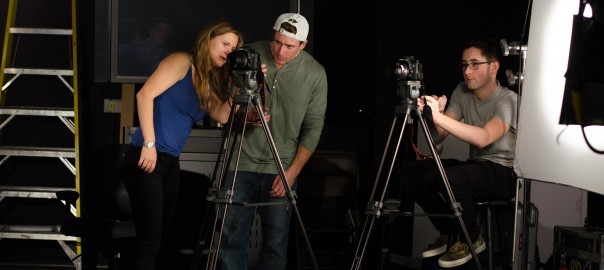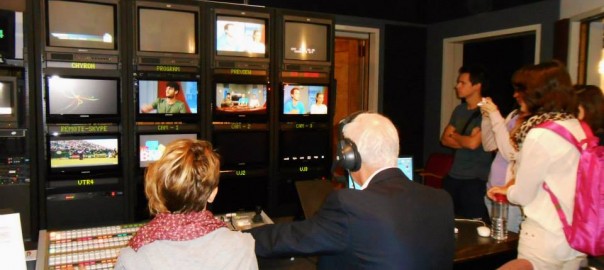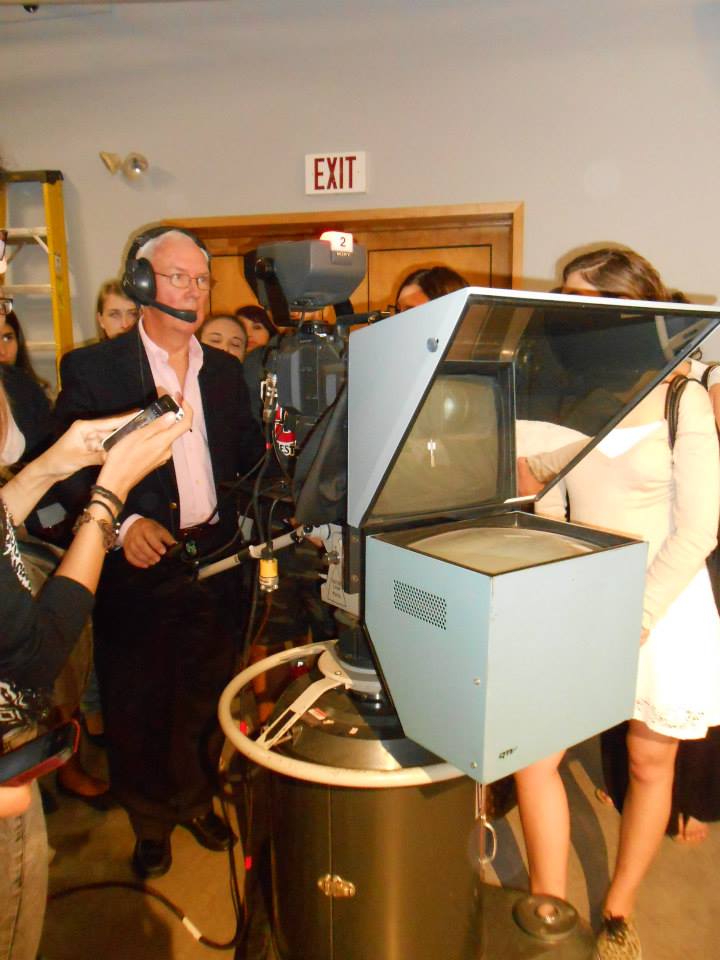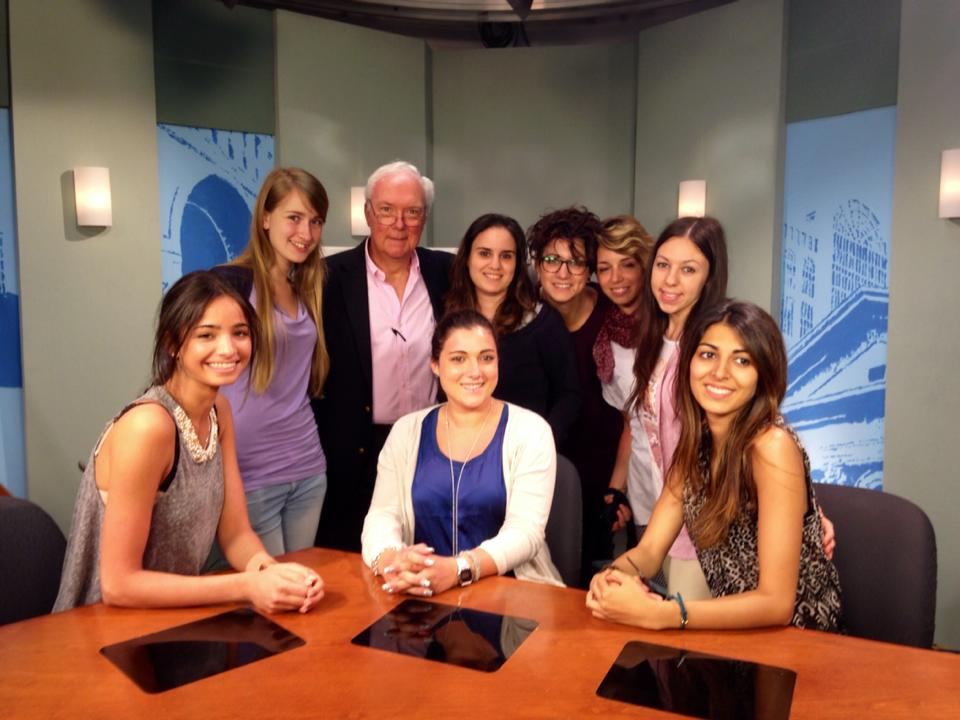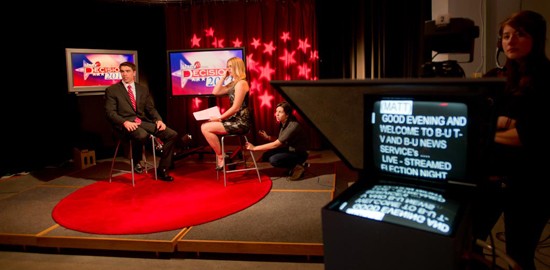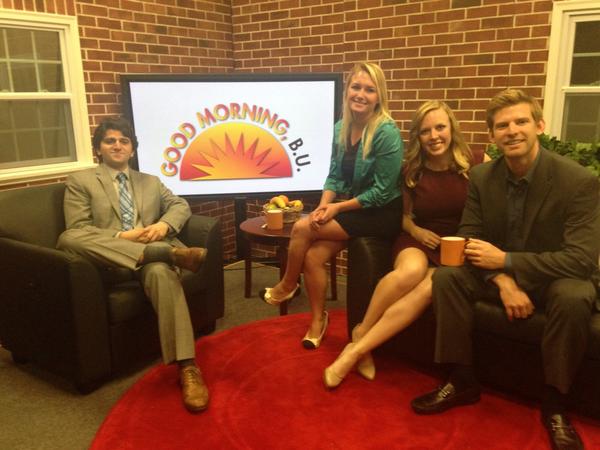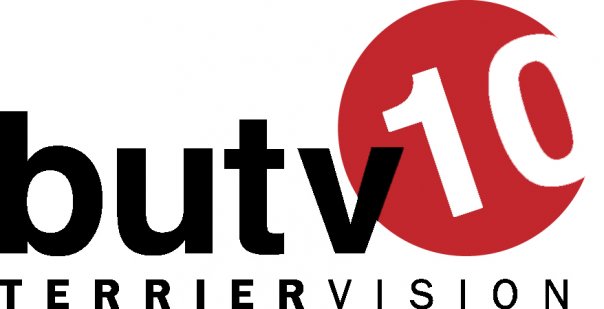By Nikita Sampath
MS Broadcast Journalism ’16
BU College of Communication
On various Fridays throughout the semester, BU’s Film and Television department at the College of Communication hosts free premier screenings of innovative film and television programs. This screening series is part of the department’s Cinemathèque: meetings and conversations with filmmakers/television-makers. The series’ curator is Gerald Peary, a cinema professor at Suffolk University and a long-time film critic for the Boston Phoenix. He chooses his BU programs based on his extensive contacts in the professional film world and from his travels to film festivals around the globe.
For each featured production, a special guest (the producer, filmmaker, etc.) is invited to COM for the screening. During the screening, film students quickly escort the filmmaker to a brief interview shoot. Afterwards, a Q&A is held to provide more information to the audience regarding the production process.
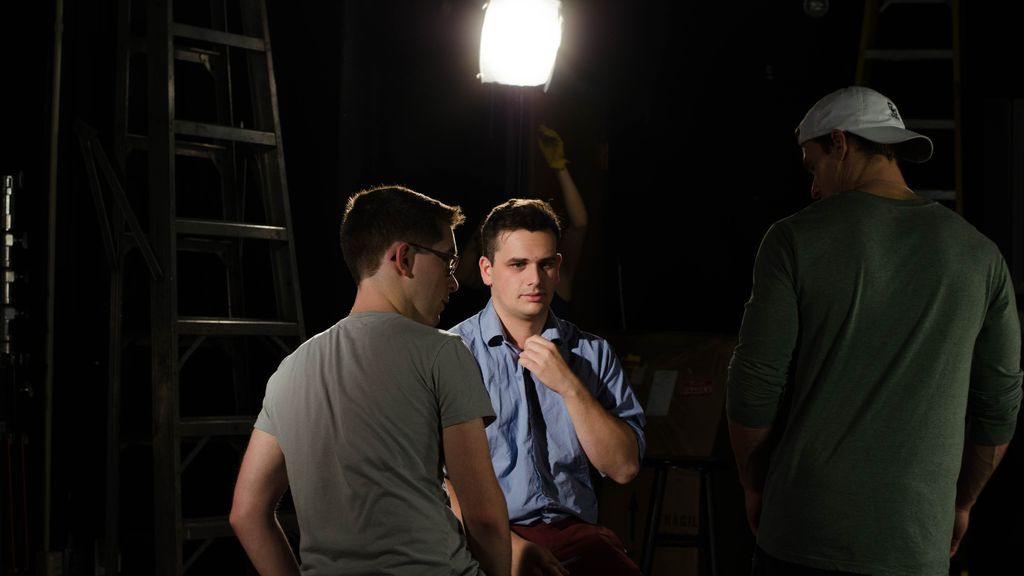
However, it wasn’t until after this year’s first screening that the After this year’s first screening, the Cinemathèque team decided they wanted to shoot interviews with the featured guests. Clearly, figuring out the production technicalities for these interviews would not be an issue, but what they did need was someone who could ask the right questions.
Without much thought, fingers pointed in the direction of third semester Broadcast Journalism graduate student, Alistair Birrell. “I thought it would be a good way to hone my interviewing skills,” he said.
On Friday, October 24, Birrell interviewed filmmaker Frank V. Ross, during the screening of his film, Tiger Tail in Blue. This was Birrell’s second interview of the semester for Cinemathèque.
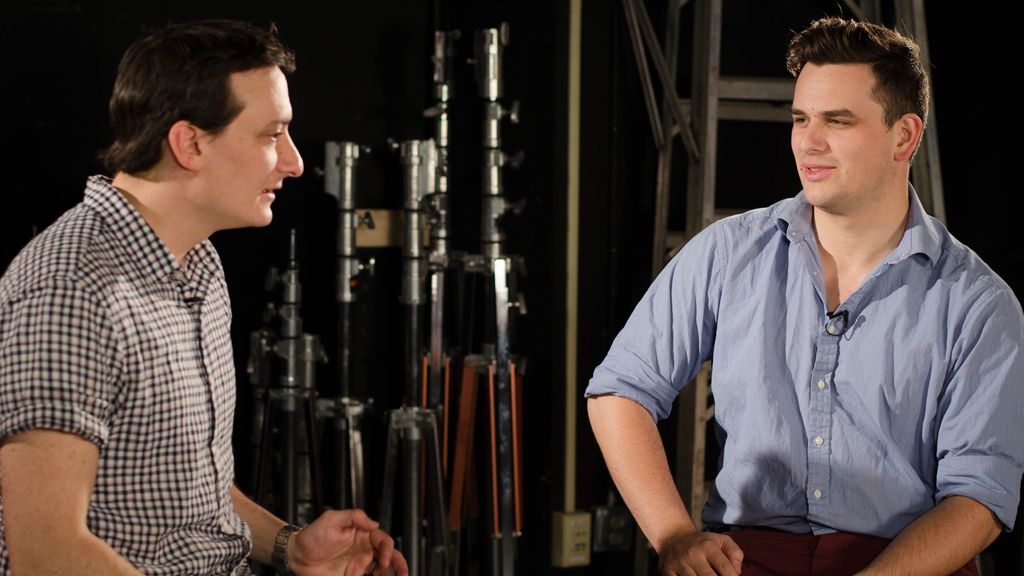
With only a fifteen minute window, Birrell must make sure he steers the interview in the correct way. “Where are you from?” Ross asked Birrell during the interview. “I’m from Scotland, but we can talk about me later,” Birrell quickly responded.
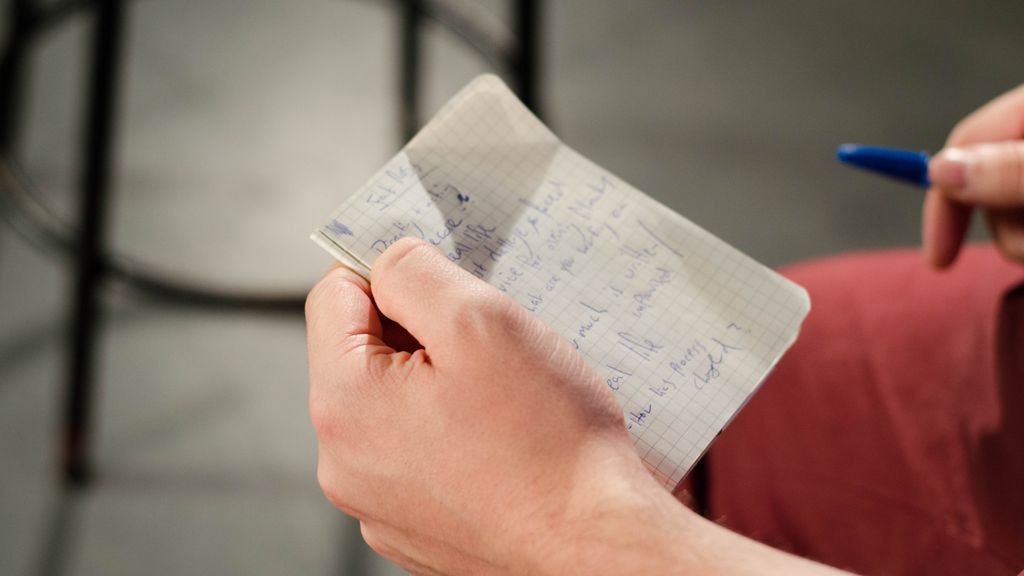
After each interview, students on the production team edit the video down to around three or four minutes. All interviews are featured on the Cinemathèque page, so be sure to check out Alistair’s full interview with Ross.
Overall, this program is an excellent example of COM’s Film and Television department preparing its students with hands-on, practical experience for the ever so competitive entertainment industry. These are lessons no textbook can teach, yet something every student should experience.
Take a look at the 2014 Cinemathèque schedule here to see what will be screening over the next few weeks. Although these screenings are designed to primarily benefit Film and TV students, they are free for all BU students and professors as well as the general public.
Interested in applying to one of the graduate programs at BU’s College of Communication? Tell us which one and why in the comments below.
To find out more about all of the graduate programs available through COM, be sure to check out our website here.
